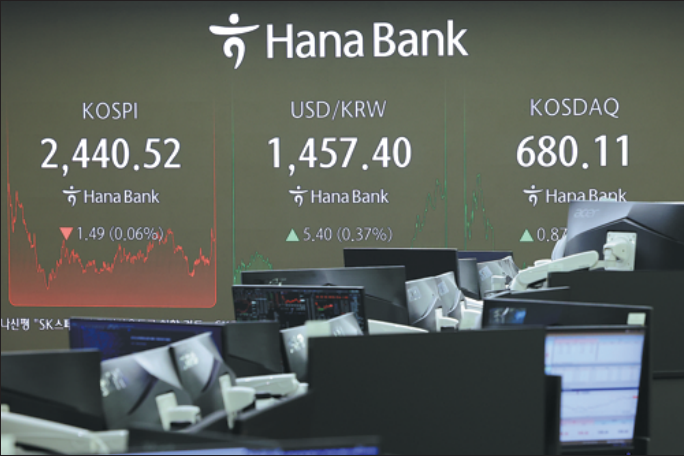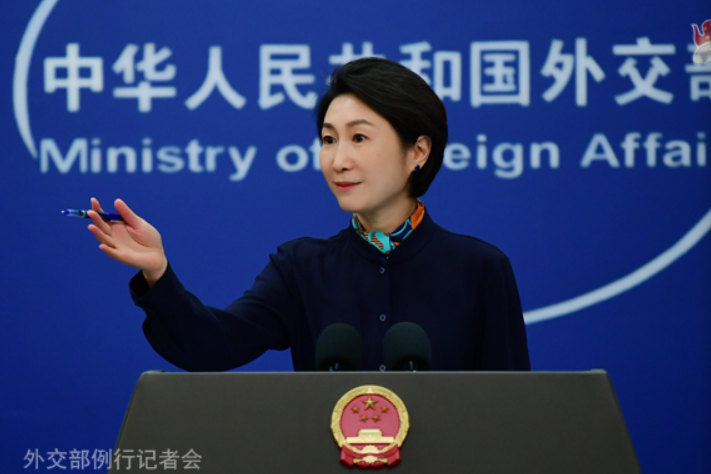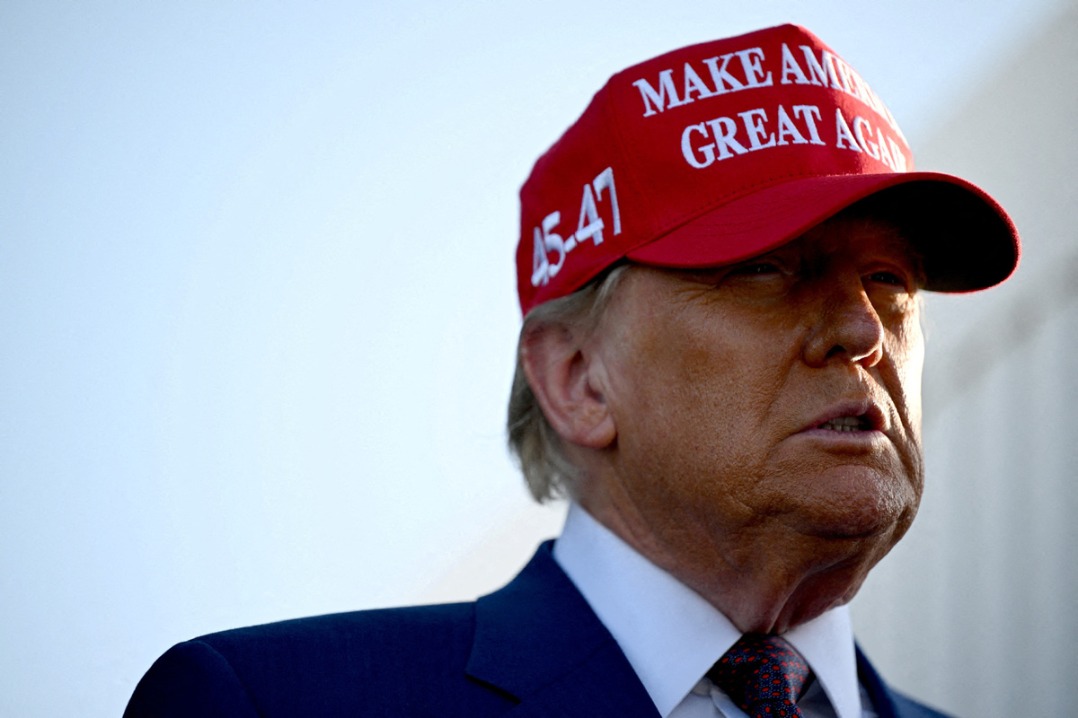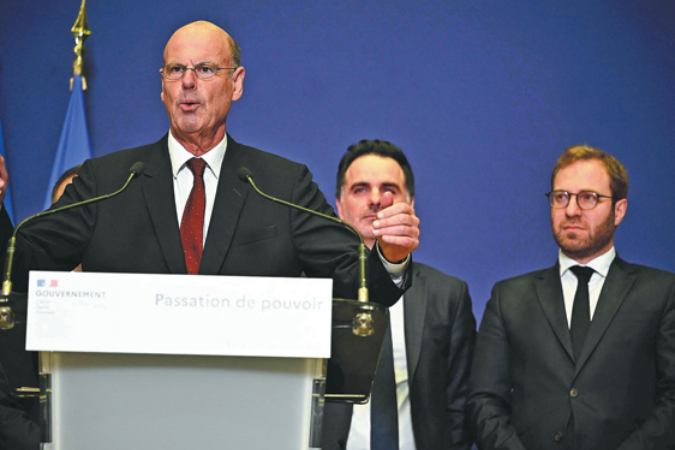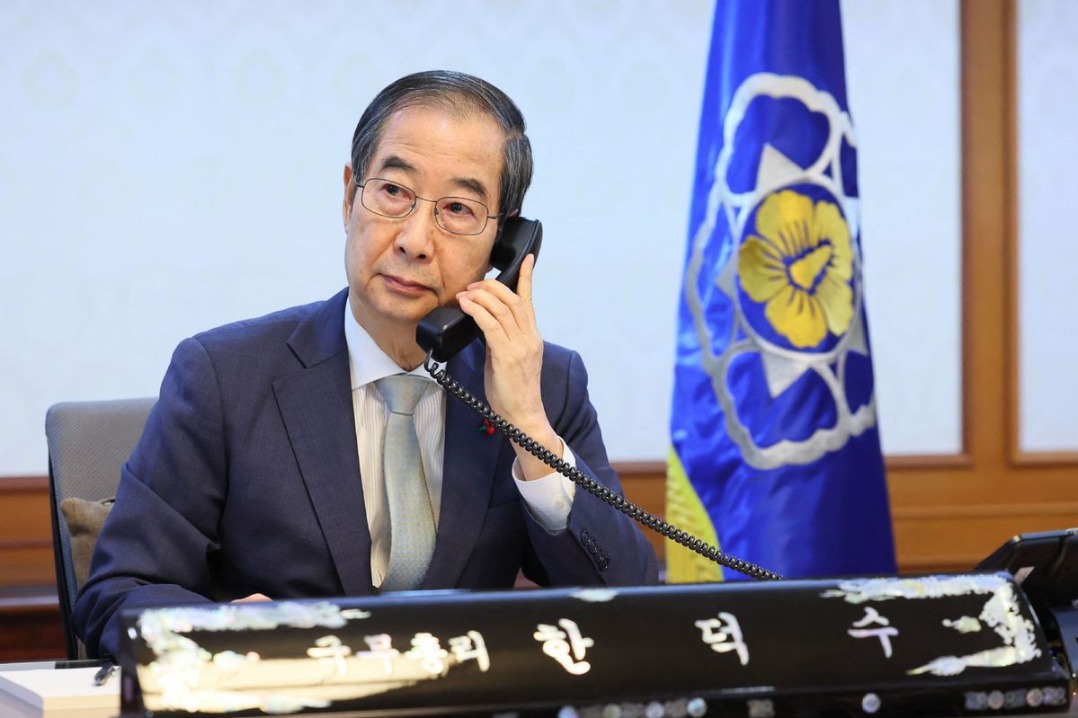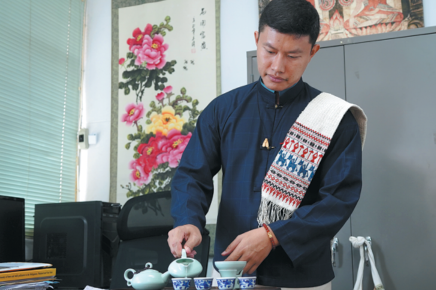FM: Beijing position objective, fair on resolving Eastern European conflict

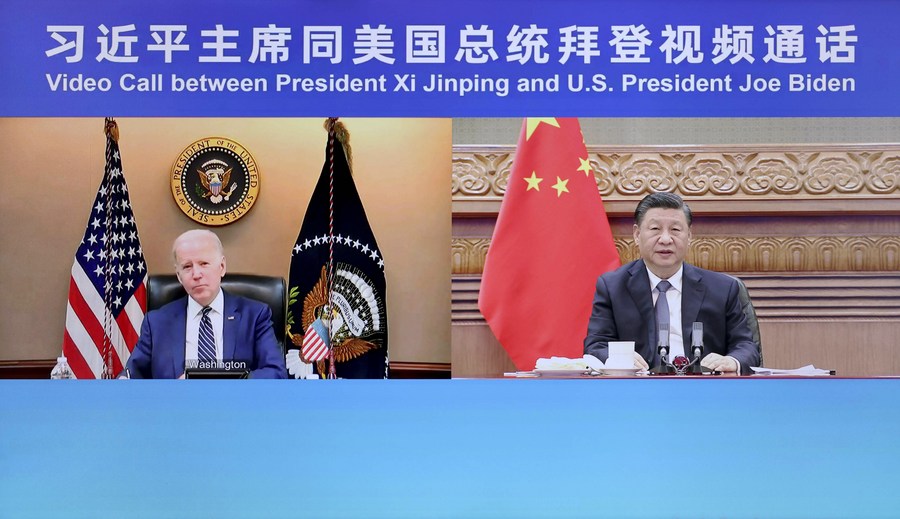
Senior Chinese diplomats followed through over the weekend on President Xi Jinping's latest points on the Ukraine situation, underscoring the acceptance and feasibility of Beijing's proposals and warning against any attempt to create a similar crisis in the Asia-Pacific region.
It is key for China and like-minded nations to remain calm and encourage an early cease-fire and oppose unilateral sanctions while drawing lessons from inducing a proxy war, analysts said.
In his virtual meeting with United States President Joe Biden on Friday evening, President Xi detailed short-term priorities for the Ukraine situation, including advancing peace talks and seeking an early cease-fire.
Xi also mapped out long-term tasks such as building step by step a balanced, effective and sustainable security architecture for the region and the world.
State Councilor and Foreign Minister Wang Yi said that what Xi proposed during the talk is the Chinese solution for resolving the Ukraine crisis. Beijing's position is objective, fair and in line with the wishes of most countries, and "time will prove that China's position is on the right side of history", Wang told reporters on Saturday in Tunxi, Anhui province.
He reiterated China's commitment to peace and its objection to war, and said Beijing makes decisions in an independent, self-reliant manner based on the right or wrong of the issues.
China will never accept any external coercion or pressure, and it opposes groundless accusations and suspicions against it, he added.

Teng Jianqun, a researcher on US studies and disarmament at the China Institute of International Studies, said: "Xi offered a detailed outline for tackling the crisis, which is a promising sign for advancing the region's stability and world peace. … He reminds the world of the need to do more to cherish hard-won peace."
Xu Yicong, a researcher at the China Foundation for International Studies and a former Chinese ambassador to Cuba, said, "Washington has been restlessly lobbying; pushing the global community to sanction Moscow to deal a heavy blow to Russia, tighten control on Europe, diminish China, intimidate smaller countries and build on its hegemony."
Beijing's cool head in handling the crisis on several fronts-such as through supporting peace talks, humanitarian aid and its citizens' evacuation from Ukraine-has helped prevent China from being fooled by other parties and makes it a trustworthy partner for collaboration, Xu said.
"China is now one of the few countries that have open lines of communication with all parties directly involved, and even the US itself has approached China for assistance. This shows how important it is to stick to a right solution," Xu added.
Vice-Foreign Minister Le Yucheng called on Saturday called for countries to draw lesson from the Ukraine crisis, urging nations not to seek absolute security of their own, or become involved in bloc politics, group confrontation and abuse of sanctions.
"The abuse of sanctions will bring catastrophic consequences for the entire world "and "small countries should not be used as pawns" to fight proxy wars, Le warned when delivering a virtual speech at the Fourth International Forum on Security and Strategy.
He called on Asia-Pacific countries to prevent a crisis similar to what happened in Ukraine from happening in the region, urging them not to undermine regional tranquility, interfere in others' internal affairs, create division and confrontation or "let others decide our future".
The US-led "Indo-Pacific Strategy" is "as dangerous as the NATO strategy of eastward expansion in Europe", Le said.
"If allowed to go on unchecked, it would bring unimaginable consequences, and ultimately push the Asia-Pacific over the edge of an abyss," he added.
Li Haidong, a professor of US studies at China Foreign Affairs University, noted that China-US ties are at a critical phase, and while Beijing opposes defining the ties as competition, Washington's China policy has been focused on this aspect.
"Such thinking of the US may eventually veer the ties toward a breakdown. What China expects is joining hands with all countries to advance world economic integration," Li said.
Still, the virtual meeting between Xi and Biden set the tone for identifying areas and issues that both sides should work on, put aside, manage or control, Li said.
"The role of leaders' diplomacy in navigating China-US ties has served as a cornerstone for keeping the relations stable in the past 50 years, and today its role is still irreplaceable," he said.
















